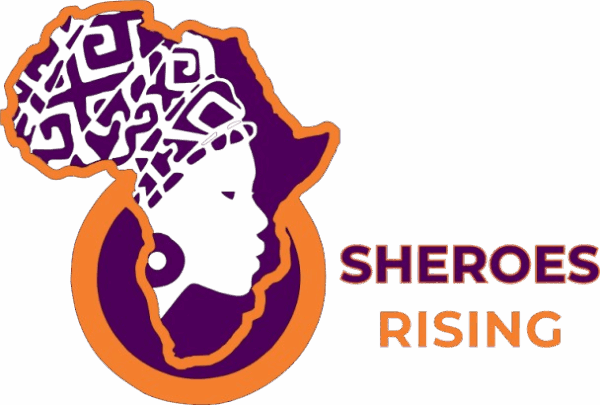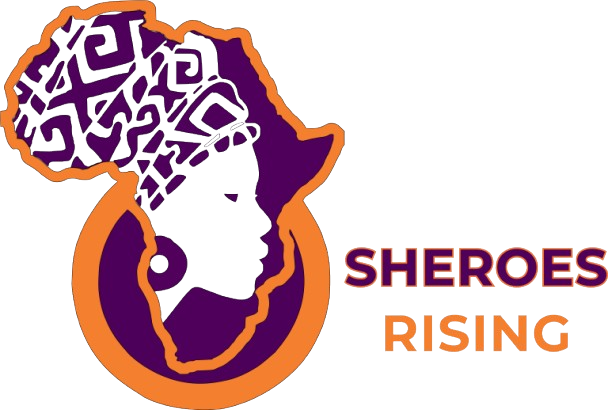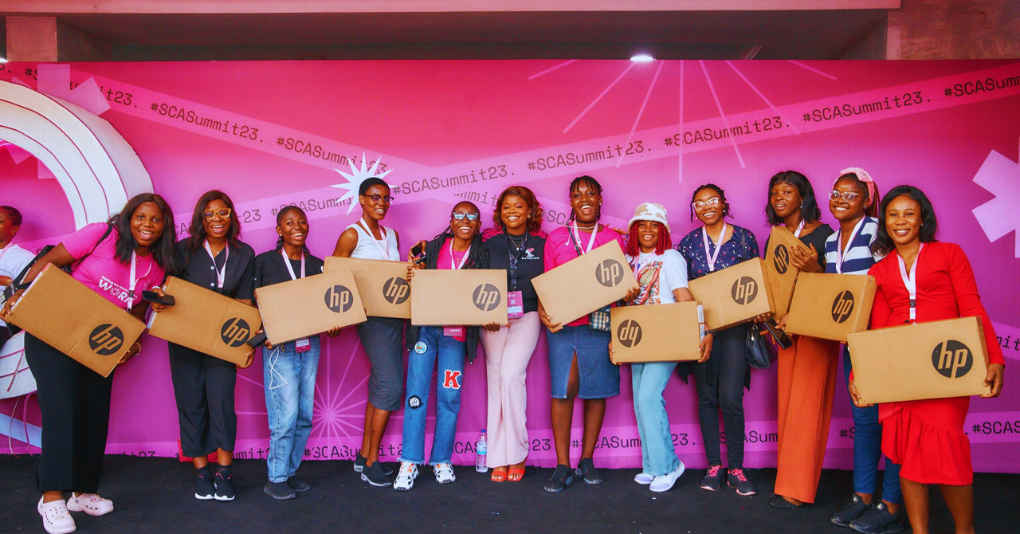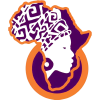Over 200 Ibadan women benefitted from a digital literacy programme organised by SheCode Africa, a non-governmental organisation focused on empowering women and girls with technology skills. The two-week training, held at the Atanda CBT Centre in Ibadan, Oyo State capital, was sponsored by HP and supported by the Oyo State Ministry of Women Affairs and Social Inclusion, alongside the Women SafeHouse Sustenance Initiative.
The initiative is part of ongoing efforts to bridge the digital divide, particularly for women in underserved communities, by providing access to digital education, enhancing employment opportunities, and encouraging entrepreneurship.
Speaking during the training, Programme Associate of SheCode Africa, Maryann Okoye, explained that the sessions were designed for beginners and focused on building practical, foundational skills that participants could immediately apply in their daily lives. According to her, the training covered the use of computers, basic operation of smartphones, internet navigation, online safety, and practical applications of technology for school, work, and business purposes.
She added that the programme is meant to equip participants with the confidence and ability to operate digital devices and use technology meaningfully for young women, especially those in underrepresented communities. These skills are not only empowering but also provide a pathway into opportunities in today’s technology-driven world.
The participants, numbering more than 200 and aged between 16 and 35 years, were drawn largely from communities where access to digital education is limited. By focusing on young women within this age range, She Code Africa and its partners seek to create a multiplier effect, as the skills acquired could positively influence their educational outcomes, job prospects, and entrepreneurial ventures.
Some participants expressed their appreciation for the initiative, describing the training as highly beneficial. They noted that the programme was both educating and informative, helping them to understand aspects of digital technology they had not been exposed to previously.
The organisers emphasised that the training was not limited to technical use of devices but also addressed online safety, equipping participants with the knowledge to protect themselves in digital spaces. This, they explained, is crucial in an era where cybersecurity threats and digital fraud are on the rise.
Okoye highlighted that the programme’s ultimate goal was to ensure that women in Ibadan, particularly those from less privileged backgrounds, are not left behind as technology continues to redefine how education, business, and social interaction function.
We want to ensure inclusivity in digital growth. When women are given equal opportunities to acquire digital skills, they become contributors to community development and economic growth.
The collaboration with the Oyo State Ministry of Women Affairs and Social Inclusion and the Women SafeHouse Sustenance Initiative was described as vital in reaching a broad base of women and ensuring that the programme’s impact is felt across the state. By leveraging these partnerships, She Code Africa was able to identify participants who would most benefit from the initiative and provide them with access to training facilities and resources.
Observers note that digital literacy programmes of this nature are essential in reducing the technology skills gap in Nigeria, where many young people still lack access to adequate digital education. The demand for digital skills is expected to continue growing, with employers and business owners placing increasing emphasis on competence in information technology.
With the completion of the training in Ibadan, She Code Africa reiterated its commitment to expanding similar initiatives to other parts of the country. The organisation has previously held programmes across Nigeria and in other African countries, with a focus on ensuring women have equal access to opportunities in the technology sector.
The newly acquired skills are expected to improve chances in education for the participants, enhance their employability, and provide them with tools to explore entrepreneurial opportunities in the digital economy.
Fatima Ikram Abubakar is a student of
Mass Communication student
Afe Babalola University,
Ekiti.







